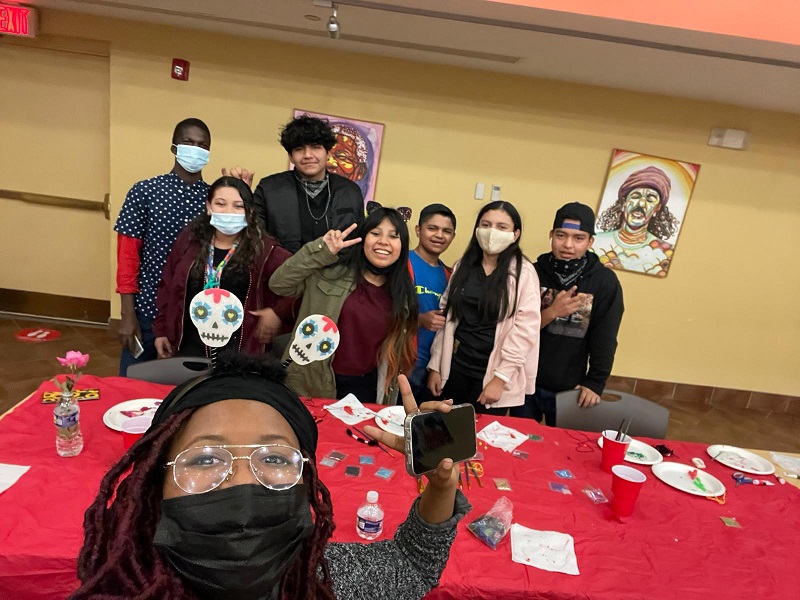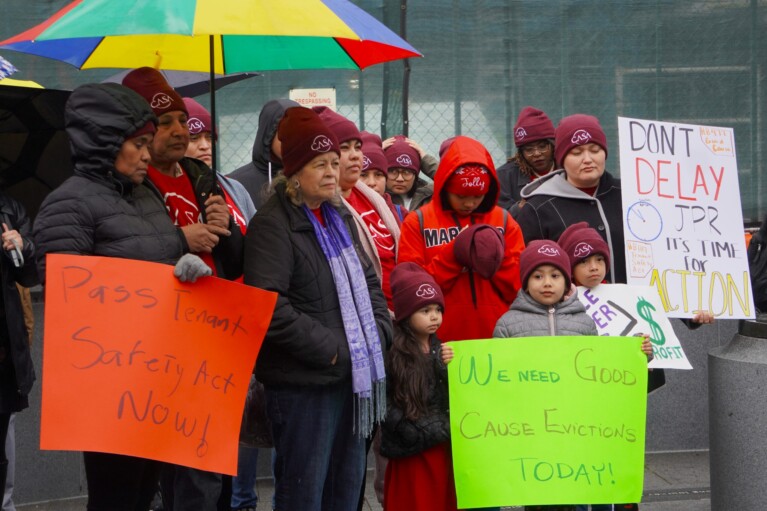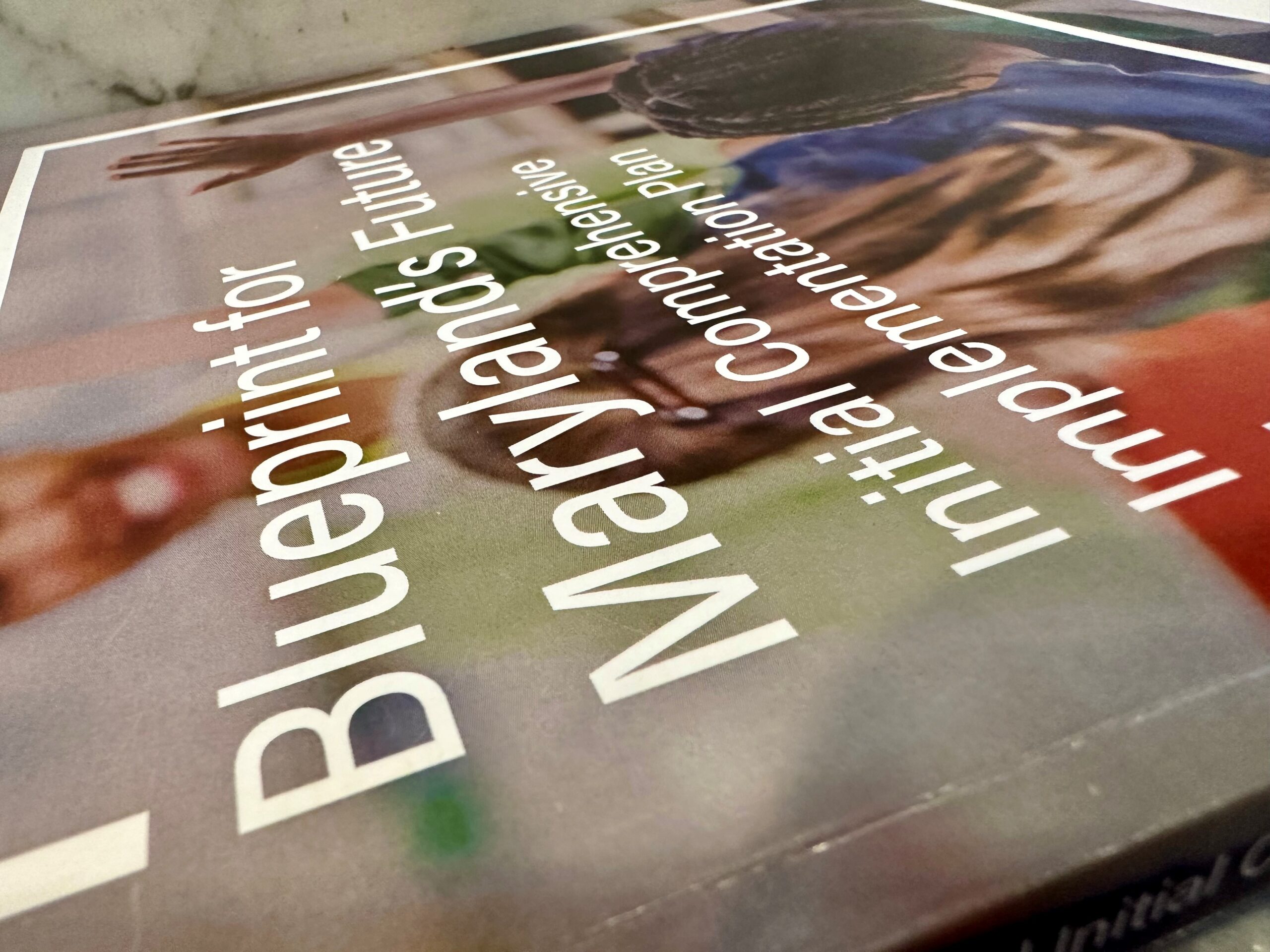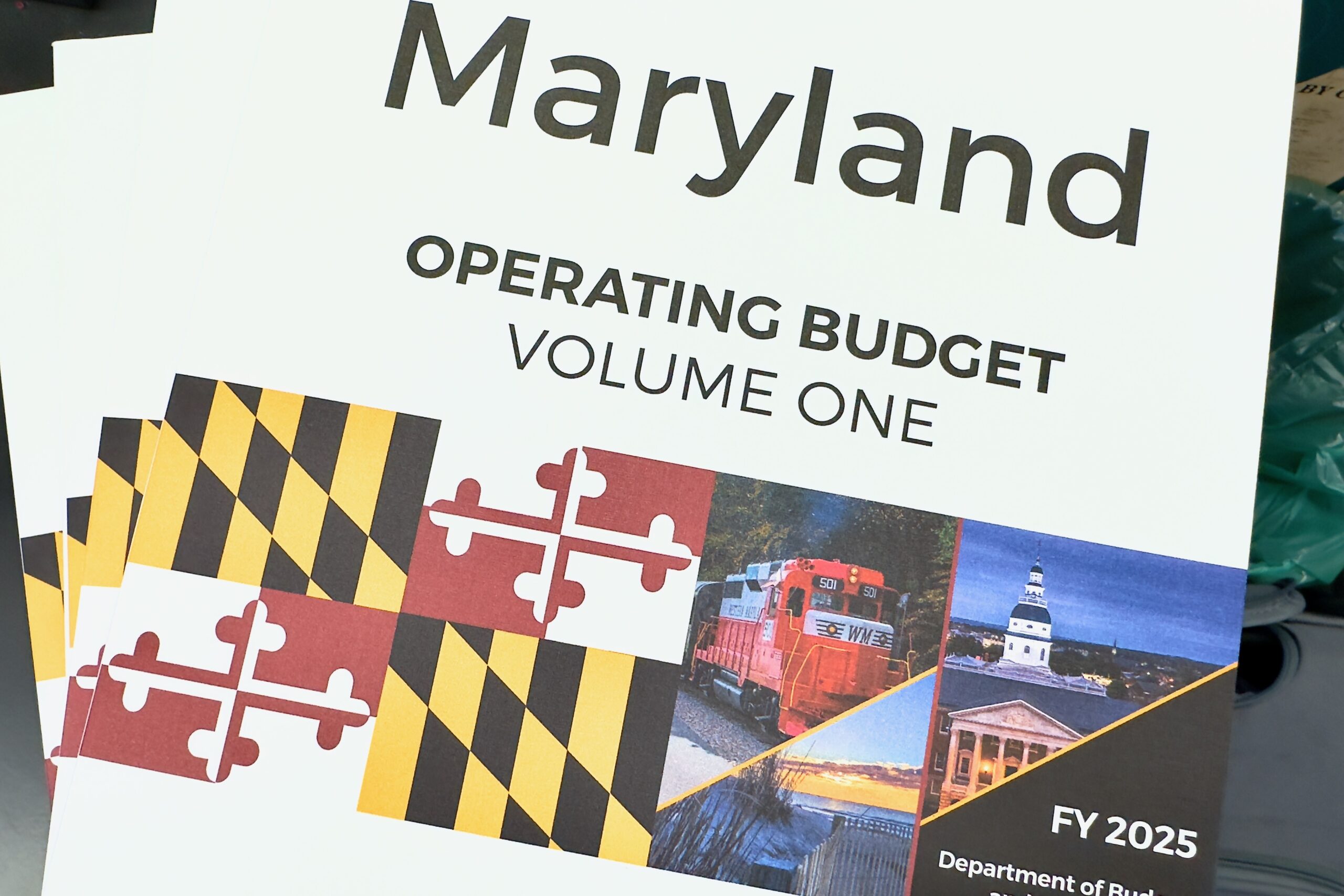Opinion: Coalition Wants to Be Heard by MSDE Workgroup on English Language Learners

By Eva Sumano, Frank Patinella and Owen Silverman Andrews
Sumano ([email protected]) is the education manager at CASA, the largest immigrant advocacy organization in the region. Patinella ([email protected]) is senior education advocate at ACLU of Maryland. Silverman Andrews ([email protected]) is an instructional specialist of English language learning at Anne Arundel Community College.
The authors want to acknowledge after submission of this commentary, but before its publication two positive developments: MSDE staff communicated willingness to talk with the coalition and added a feedback form to its website.
Labor Day weekend, we began the work of forming a grass-roots coalition to monitor, provide input to and improve the policy recommendations of the Workgroup on English Language Learners in Public Schools, which was created by the Blueprint for Maryland’s Future/Kirwan legislation and housed within the Maryland State Department of Education.
We notched some wins in the fall, successfully pushing MSDE to publish the workgroup’s appointed members list, meeting notes and schedule on its website, as well as shift meetings from private Google Meet sessions to public sessions streamed and recorded on YouTube, as was likely required all along by the Maryland Open Meetings Act.
Even as the grass-roots effort blossomed into a coalition, which we are now calling the Community Workgroup on ELLs and includes multilingual students and parents, ESOL and Spanish teachers, labor, and immigrant and education justice advocates, MSDE continues to evade even a basic level of transparency, equitable community input and accessibility.
Our requests to multiple contacts for a copy of the workgroup’s interim report — due by law to the governor and General Assembly by Dec. 1, 2021 — went unanswered, and sources in the governor’s administration and House of Delegates informed us that it had not been received as late as Dec. 17.
Only after sending and later publishing this letter to the MSDE/Blueprint Workgroup were we sent a link to the interim report on Dec. 23. The 100-page report contains 10 pages of recommendations, some of which are exciting. And to its credit, the authors describe these recommendations as a starting point, not lines to color within, as work continues leading up to a final report due Dec. 1, 2022.
Overall, however, the interim report largely picks low-hanging fruit by focusing mostly on younger emergent multilingual students.
There are other, thornier, but no less urgent, reforms with which MSDE must grapple. In many cases, it must also take a harder look in the mirror rather than casting about for other states’ best practices to import to Maryland.
Based on input from ELL students, ESOL teachers and policy advocates in our coalition, there is significant room for improvement even within some of the exciting recommendations, and significant errors of omissions that need to be addressed.
Chief among these omissions are:
- Steps for improving outcomes for teen immigrant students, a topic on which Maryland lags woefully behind other states, according to recently released data from Columbia University researchers (look no further than CASA’s Mi Espacio after-school program for immigrant youth, which is expanding from Baltimore and Langley Park to CASA’s entire four-state footprint, for a scalable solution);
- Rubric for measurably improving school system communication with parents and communities who speak little or no English, which our coalition’s teachers say has worsened, not improved, during COVID-19, despite the dire implications of non-, mis- and under-communicating during a pandemic;
- Specific actions to increase student voice and agency in policy decision-making, for which our coalition ally SOMOS has been advocating for years within Baltimore City schools; and
- A timetable for addressing the over-diagnosis and under-resourcing of neurodiverse emergent multilingual students, for which workgroup member Susana Barrios has been a consistently strong advocate.
These are all issues on which the teachers and students, parents, advocates and community college educators in our coalition have much to teach MSDE, if its leaders would only listen.
To ensure MSDE hears directly from impacted community members, we have created a survey, available in Arabic, (Mandarin) Chinese, English, French, Spanish and Urdu, which we are distributing to Marylanders most affected by the actions of the Blueprint/MSDE workgroup. We will use the results of the survey and our own public listening sessions to draft a community-informed response to the interim report.
As we stated in our Dec. 17 letter to MSDE, it is important that time for public comment be added to all its future workgroup meetings, and that it holds public report-back sessions to inform the immigrant community and related stakeholders of its work to date. It is also critical that MSDE establish formal partnerships with individuals and groups with firsthand knowledge on the experiences of immigrant students and families in Maryland public schools, including our coalition.
To date, unfortunately, the 2022 meeting schedule for the MSDE/Blueprint workgroup has not been disclosed. Further, no mechanism for public input has been created. We have been patient and are ready to collaborate but will not be quiet about it.
In line with the intent of the $4 billion Blueprint bill, we urge MSDE to adopt new, higher standards of transparency and accountability as it makes recommendations to improve public schools for immigrant students and families.
To join our coalition, contact us. We will continue to be both respectful and firm with Maryland School Superintendent Mohammed Choudhury, MSDE staff and members of the MSDE/Blueprint Workgroup on English Language Learners in Public Schools as we amplify the voices of those most directly affected so they can be better heard and their educational needs better served.




 Creative Commons Attribution
Creative Commons Attribution